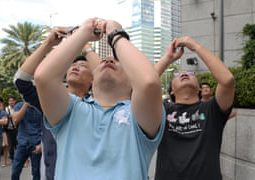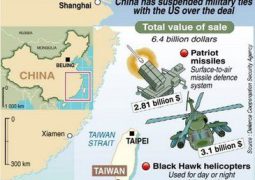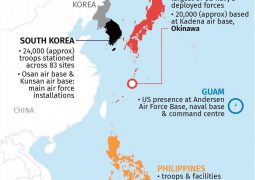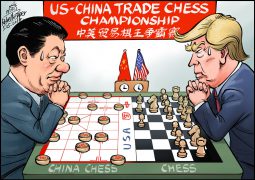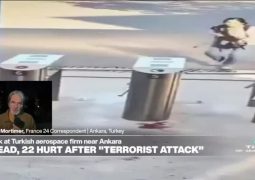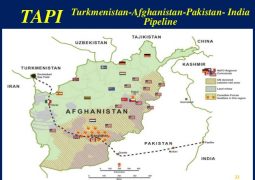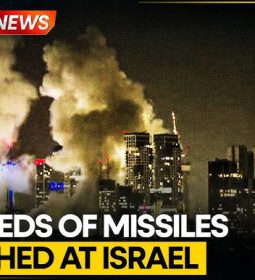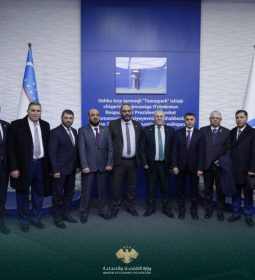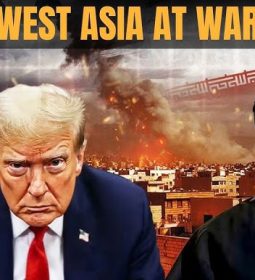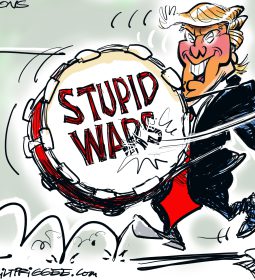A Malaysian Political Cartoonist on Facing His Fears, and Prison, for Art
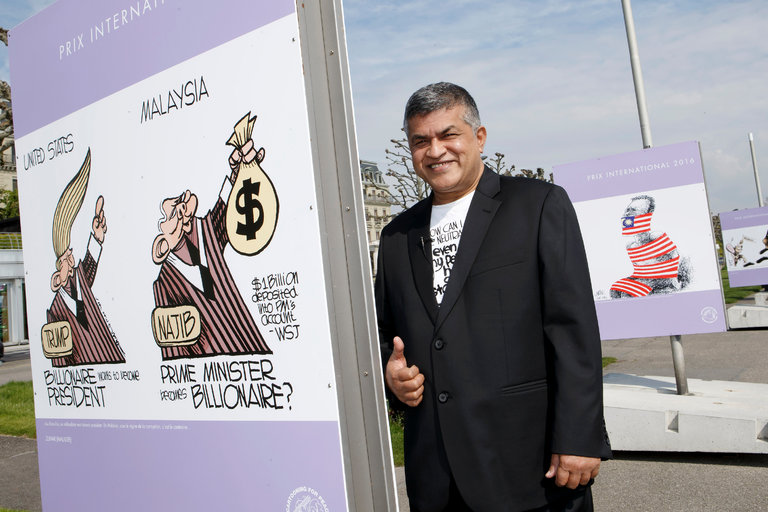
HONG KONG — When protesters disrupted an art exhibition by Zulkiflee Anwar Ulhaque, a political cartoonist, at the George Town Literary Festival in Malaysia on Saturday, he assumed that the police would want his help identifying those responsible.
Instead, said Mr. Zulkiflee, who goes by the name Zunar, he was questioned by the police, detained for a day and informed that he was under investigation for producing cartoons that purportedly defamed Prime Minister Najib Razak.
It was not the first time Mr. Zulkiflee, who already faces nine charges of sedition and is barred from leaving the country, has courted trouble with his pen. His cartoons frequently target Mr. Najib, who is accused of taking millions of dollars from a state investment fund. Mr. Najib has faced widespread calls to resign, most recently at an anticorruption demonstration this month that drew tens of thousands in Kuala Lumpur, the capital.
In an interview, Mr. Zulkiflee, 54, discussed how social media has become an increasingly important channel for political dissent in Malaysia, and why he continues to use his art to investigate corruption and injustice without dwelling too much on the risks.
Do you feel that the climate for creating your art has changed in recent years?
People are really not happy with the government — more and more people — but there are laws stopping them from being in the front row and being very, very vocal. So they will use any type of form, of tool, to express their view or protest. So now, social media is something that is a very effective tool. People are starting to be creative in social media by using drawings, cartoons, posters or video clips.

The government feels this is very dangerous for them, so they start to introduce laws. As an example, the Sedition Act was introduced by the British government in 1948. And in 2012, the prime minister made an open pledge to Malaysia that he would abolish the Sedition Act, live on TV. But he uses it more now, and it’s going to be strengthened.
Do these kinds of regulations affect your creative process?
I’m facing so many laws three laws have been used against me so far. But one thing I keep in my mind — one very, very important thing — is that the biggest enemy for anyone in the world is self-censorship. For me, talent is not a gift but a responsibility. People ask, do I have fear? Yes, I have fear, I’m human. But responsibility is bigger than fear. So I don’t want to really think what the government will do next to me. I just concentrate on what I’m supposed to do. That can help me continue and draw more cartoons. If I start to think about law, I start to think about prison, I start to think about government action, I will definitely start to practice self-censorship — and this is no good. So I will draw as usual.
Your cartoon about the person in chains with the Sedition Act around his neck and the Penal Code as handcuffs …
That’s a self portrait.
What were you trying to say there?
You see that three laws, which I mentioned earlier, have been used against me. First is Sedition Act, second is penal code, third is Printing Presses and Publications Act. I was chained with these laws — hand, neck and leg. But if you go to my shirt, you can see my philosophies there. Among them are “I will keep drawing until the last drop of my ink” and “How can I be neutral … even my pen has a stand.” So this drawing shows that even though there’s a law to stop me, even though there’s a regulation to stop me, even though they tried to ban my books — actually, not tried, they already banned my book — I will keep drawing. That is why, without hands, I still use my mouth or my teeth to draw. This is to show the philosophy and determination to fulfill my duty as a cartoonist in Malaysia.
You have said that you are expecting a 10th sedition charge. Even without that, you’re looking at upward of 40 years as a maximum prison sentence. How do you feel about the prospect of potentially having to serve so much time?
You have to understand this is a politically motivated charge, it’s got nothing to do with the law. In Malaysia, it’s very, very difficult for us with politically motivated charges. You just need to look at what happened to the opposition leader’s case in Malaysia, Anwar Ibrahim. Even though he had strong evidence and witnesses, it was political. It will be very difficult for us to fix that. But this is a very important case for me to create awareness around the world about the state of freedom of expression and human rights in Malaysia. I’m going to face it.
- Previous Meetings with Media in Central Election Comission
- Next Critic of Najib Razak, Malaysian Leader, Gets Prison for 1MDB Disclosure



